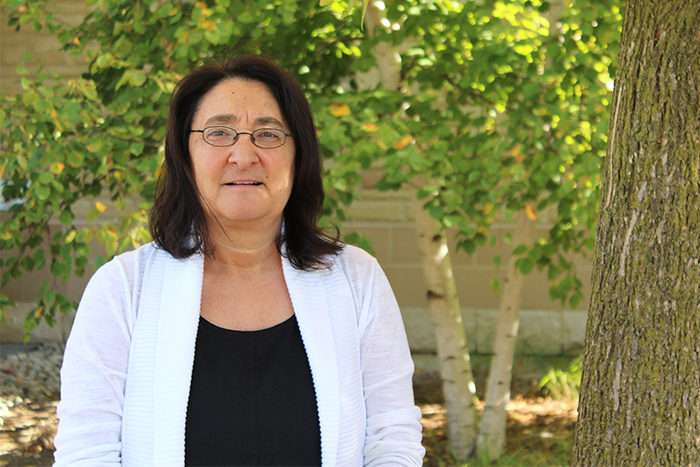Exploring digital dimensions of divorce

While divorce or separation can be hard on children – particularly when one parent lives far away – a King's University College professor is investigating the pros and cons of using technology, such as Skype or Facebook, when communicating with each other.
"Online technology plays a really big role in the way we communicate today. But for separated and divorced families we don't really know much about what the impact is," said Rachel Birnbaum, cross-appointed to Childhood Studies & Social Institutions and Social Work at King's. "I began to notice that mediators, lawyers and health professionals were starting to use this technology in their parenting plans for separated families.
"I was curious. While it's a great resource, I wanted to understand the issues around safety, confidentiality, about situations where parents have difficulties communicating with one another or children are not available at the prescribed time. There are a lot of potential issues."
Birnbaum has more than 20 years of clinical practice experience working with families and children of separation and/or divorce – specifically focused on high-conflict families.
Including colleagues in Law, Medicine, Psychology and Social Work, she has created an online survey to explore the experiences of lawyers and mental-health professionals with online technology during separation and divorce. Those findings will, in turn, benefit those professions in regards to what is helpful about the technology, and what isn't, in order to properly structure mediation between families around visitation and contact.
"There are positive benefits with this technology. We live in such a mobile society. For parents who are separated, one can live in London and the other in Toronto, this is one way to make up time if you can't physically see one another all the time," Birnbaum said.
"But there will also be challenges. If children are younger, does that mean the parent has to also be present to help the child? Issues around safety, such as monitoring and supervision, where the child is having contact online, is the other parent hovering around listening in? Does it disrupt the child's schedule around schooling? It will be interesting to see what some of the strengths and challenges are. That led me to want to do this survey."
Along with the online survey, Birnbaum is interviewing parents and children currently using the technology.
"I'm always interested in how children manage parent-child relationships after separation or divorce," she said. "How do children participate? How are they engaged or not engaged? Who are the gatekeepers? Did anyone ask them (children) if it's working? Do they have a say in this? We have to pause and ask what is in the best interest of the child."
King's University College professor Rachel Birnbaum invites parents and children to participate in a brief 15-minute telephone interview about their views and experiences with smart technology and parent-child contact. To participate, call toll-free at 1-800-265-4406, Ext. 4431, or by email at rbirnbau@uwo.ca.
Lawyers and mental-health professional are also invited to participate in a 10-minute online survey around the use of web and mobile technology as a communication tool for divorced/separated families. Email rbirnbau@uwo.ca for the link.
Provided by University of Western Ontario

















